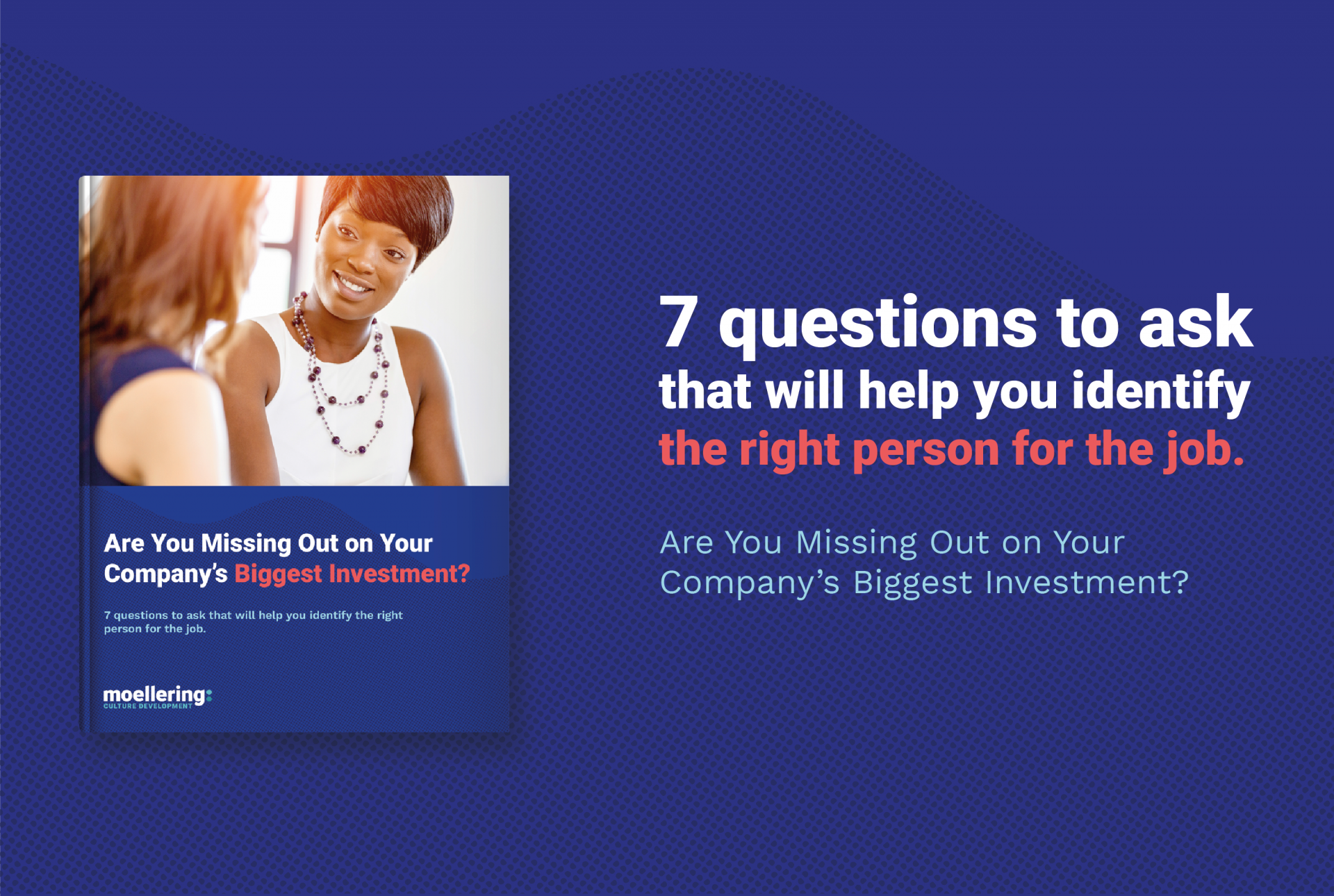
Have you ever wondered if there is a secret formula for being successful? Why is it that some people seem to have a Midas touch while others struggle to get by? American historian, best-selling author and keynote speaker Kevin Kruse recently interviewed more than 200 highly successful people, a group that included seven billionaires, 13 Olympians, and accomplished entrepreneurs from many walks of life. One simple question provided a tremendous amount of insight. The question was: “What is your number one secret to productivity?”
One simple question provided a tremendous amount of insight. The question was: “What is your number one secret to productivity?”
Avoid meetings like the plague
Notorious time killers, meetings can derail positive progress in a hurry. Billionaire Mark Cuban advises, “Never take meetings unless someone is writing a check.” If you find meetings are absolutely necessary, keep them short and to the point. Stay focused.
Process everything just once
How many times have you gotten a memo or an email and you read it, set it down and put it in your to-do-later file. The next day, you glance at it again but still take no action. Finally, on the third day, you finally respond to it. Time spent looking at it the first two days was wasted time, since you didn’t take action until the third day. Make it a point to finish what you start so you can maximize the use of your time.
Carry a notebook
Many people consider Richard Branson to be the standard by which entrepreneurs are judged. His secret to success is having a notepad handy at all times. Regardless of how technology savvy he and his company may be, Branson is most comfortable writing down ideas on paper when they appear in his mind. Doing so gives him a starting point from which to build a more robust concept later. Writing things down allows the idea to have a place to live, freeing his mind to focus on other things.
Live in minutes, not hours
The absolute most valuable commodity in the universe is time. Successful people try to use every minute wisely.
The absolute most valuable commodity in the universe is time. Successful people try to use every minute wisely.
To that end, why schedule a meeting for an hour if you may really only need 37 minutes to accomplish what you set out to achieve? Using every minute to its fullest helps a person simply get more done, and do so more efficiently.
Schedule activities through calendar only
How many people spend time creating to-do lists that somehow never get fully realized? Studies show that only 41% of items on to-do lists ever get done. This lack of resolution leads to something known as the Zeigarnik Effect, a fancy term indicating these unresolved tasks will cloud one’s mind until they are resolved. Instead of creating these self-imposed mental distractions, schedule everything through your calendar and leave the to-do lists for the amateurs.
Limit distractions
Remember how excited we all were when email was first created, and we could instantly communicate with others with just a few keystrokes? How do we all feel about emails today? What used to be a welcome new addition has become, for many, a pesky gnat that won’t go away.
Like any other task, emails need to be managed. Limiting time spent reviewing emails will help you focus more and be distracted less, allowing you to accomplish so much more. Be sure you are managing emails and not letting emails manage you!
Create a consistent routine
Having a solid foundation for starting one’s day off right leads many successful people into hugely productive days.
Having a solid foundation for starting one’s day off right leads many successful people into hugely productive days.
Habits can vary from person to person. The key is to find what works for you that makes you feel good, provides energy and propels you to attack the day with vigor and purpose. For some, these habits include a morning run or yoga. Others prefer eating a healthy breakfast or a period of mediation. Find what works for you and do it consistently.
Master the art of delegation
Successful people don’t need to have their hands in everything. They simply want projects to get done. Those who understand delegation realize it’s about the task, not the person, and completing the task is far more important than having an active role in the process. The more that can be outsourced, the clearer the mind to focus on the things that really matter.
Prioritize the important things in life
The most successful people on Earth find time for the things that matter. Going back to Richard Branson, he often breaks midday from work to go kitesurfing. This activity provides an opportunity for him to clear his mind as he focuses on staying upward in the water, while serving the added bonus of being a great form of exercise. Nothing like clearing one’s head while doing the body good!
Work hard, but be prepared to walk away when the work is done. Make time for those who are important in your life. Have family dinners. Be present for the kids’ recitals. Take the family vacation and extend it an extra three days, just because. When you prioritize what matters, it creates a balance that makes everything else become that much easier and more enjoyable.
Article written by Dave Clark, Staff Writer and Editor at TTI Success Insights.

Download Our Free Hiring Guide.
In this guide, you’ll get access to the seven most important questions to ask when hiring someone. And yes, they go way beyond a basic job description.




